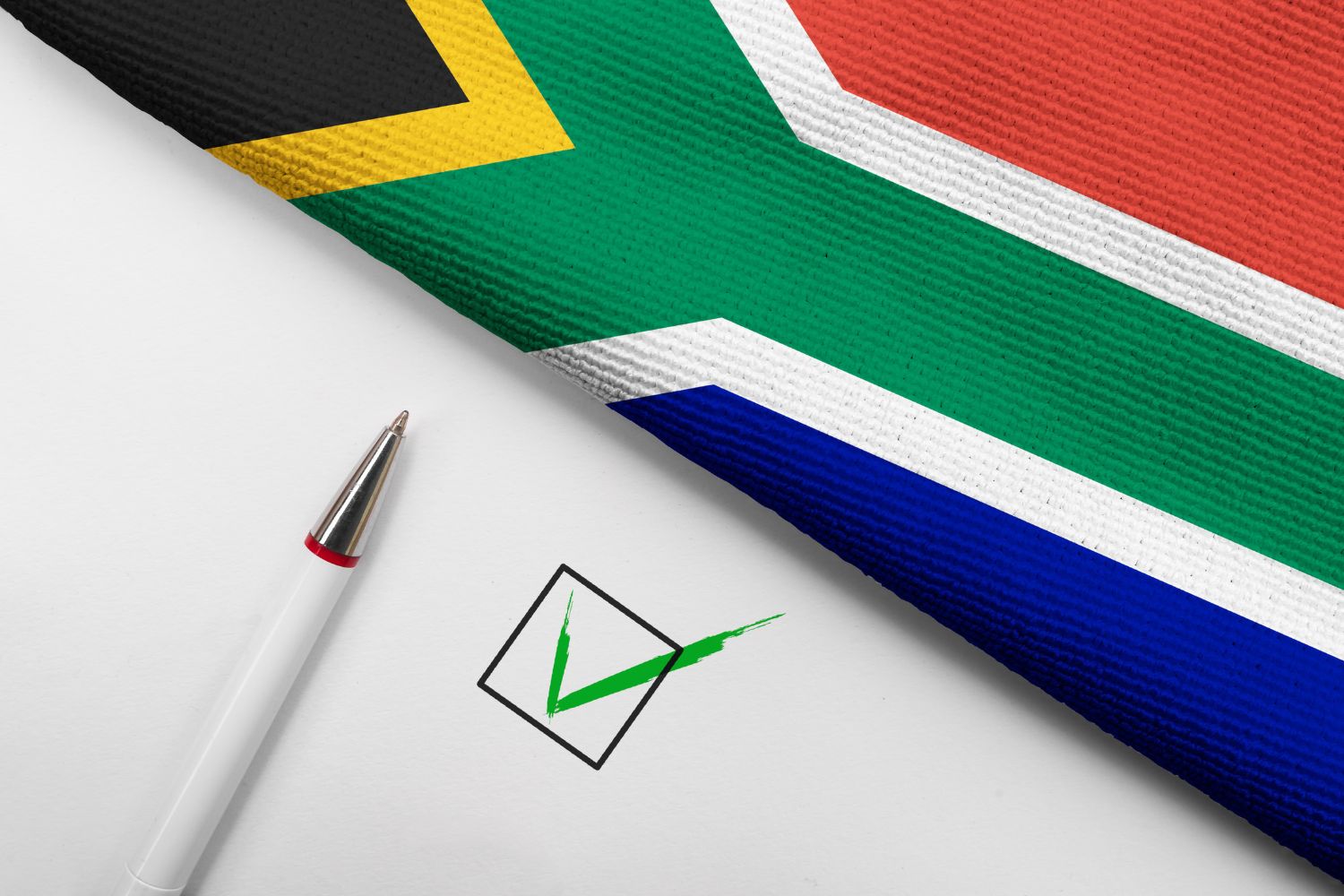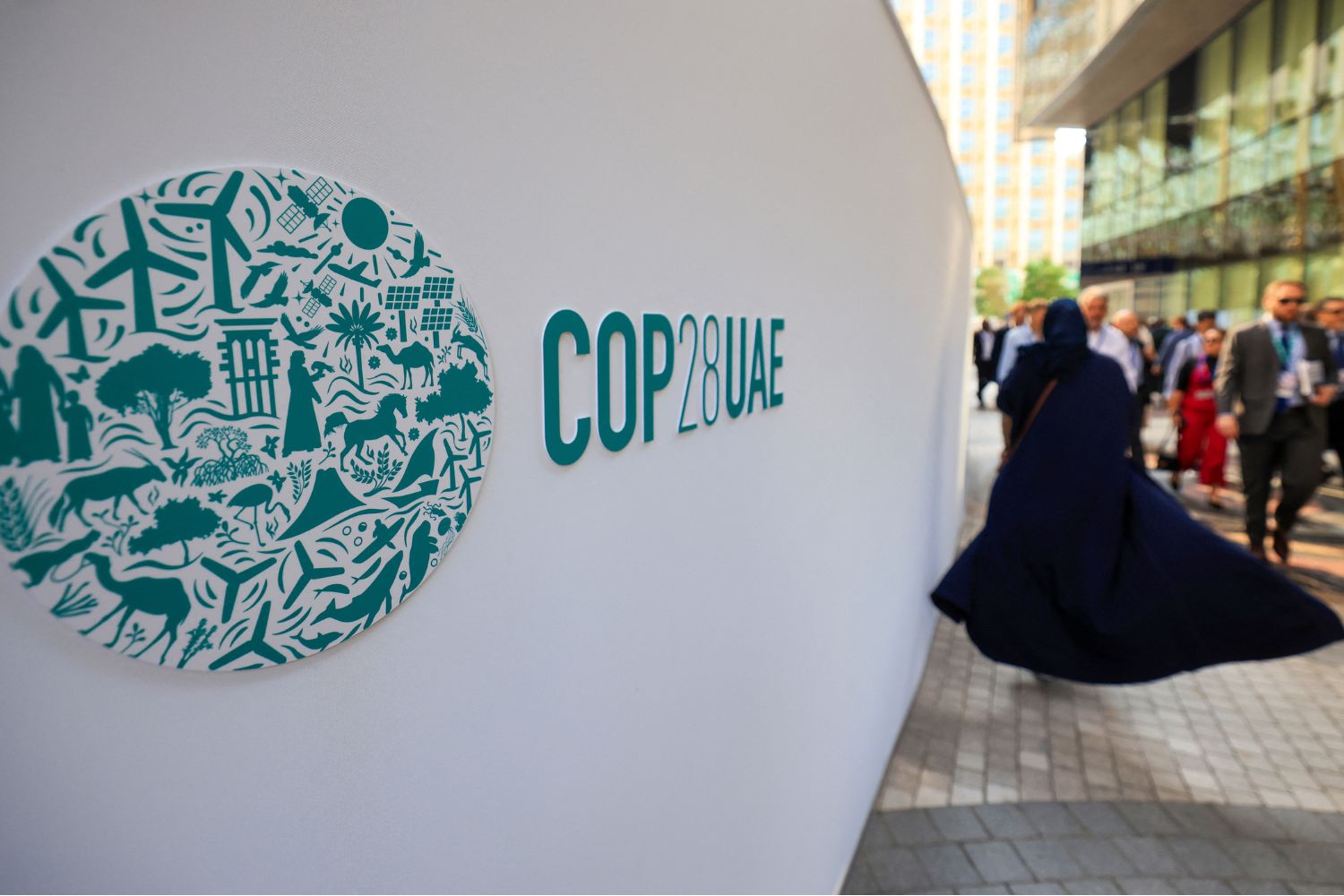Today, South Africans are casting their votes in a pivotal general election that will determine the country’s next President, National Assembly, and provincial legislatures. This election is a significant moment for South Africa, with considerable political shifts and challenges at play. The African National Congress (ANC), which has been the governing party since the end of apartheid in 1994, faces the prospect of its worst election result ever.
Current polls suggest the ANC’s support has dipped below 50%, potentially signalling a major shift in South African politics. Despite the ANC’s declining support, President Cyril Ramaphosa is anticipated to secure a second term. However, his path to re-election may be complicated if the ANC fails to maintain a parliamentary majority. Major parties to watch: The election is primarily focused on four main parties: the ANC, the Democratic Alliance (DA), the Economic Freedom Fighters (EFF), and Jacob Zuma’s newly formed MK party.
The ANC is projected to win majorities in 7 of 9 provinces. However, it may lose control of KwaZulu-Natal to the MK party and the Western Cape to the DA. South Africans vote for parties rather than directly for the president. The party that secures the most seats in parliament will elect the president.
Voter Turnout: A record 27.79 million South Africans aged 18 and above have registered to vote, up from 26.74 million in the 2019 election.
A total of 14,889 candidates from 70 parties and 11 independents are competing for 400 seats in the National Assembly. The results of this crucial election will be announced by the Independent Electoral Commission on June 2. As the voting progresses, the nation awaits to see if the ANC can retain its longstanding dominance or if South Africa will witness a new political era.
The Triumphs and Challenges of South African Democracy
Triumphs:
Peaceful Transition to Democracy (1994)
South Africa’s most significant triumph is its peaceful transition from apartheid to a democratic society in 1994. The first multiracial elections, which brought Nelson Mandela and the African National Congress (ANC) to power, marked a historic moment in the country’s history, ending decades of institutionalised racial segregation and oppression.
Constitutional Democracy
South Africa boasts one of the most progressive constitutions in the world, adopted in 1996. It enshrines a wide array of human rights, including equality, freedom of speech, and access to health care, housing, and education. The Constitutional Court, established to uphold these rights, has been a cornerstone of the country’s democratic framework.
Political Stability and Regular Elections
Since 1994, South Africa has held regular, free, and fair elections, allowing for peaceful transfers of power. The consistency of these democratic processes has solidified the country’s political stability and democratic institutions.
Robust Civil Society
A vibrant civil society has emerged in South Africa, with numerous non-governmental organisations (NGOs) advocating for human rights, social justice, and government accountability. These organisations play a critical role in maintaining democratic oversight and promoting civic engagement.
Media Freedom
South Africa’s media is amongst the freest in Africa. Journalists and media outlets actively investigate and report on government activities, corruption, and social issues, contributing to transparency and accountability.
Challenges:
Economic Inequality and Poverty
Despite progress, South Africa remains one of the most unequal societies in the world. High levels of unemployment, particularly amongst the youth, and widespread poverty continue to plague the country. The economic disparities are often along racial lines, a legacy of apartheid that has proven difficult to overcome.
Corruption
Corruption has been a significant challenge, particularly during the presidency of Jacob Zuma (2009-2018). High-profile scandals, such as the state capture enquiry, have exposed deep-seated corruption within government and state-owned enterprises, undermining public trust in political institutions.
Service Delivery Protests
There have been numerous protests over inadequate public services, including housing, water, electricity, and sanitation. These protests highlight the government’s struggles to meet the basic needs of its population, especially in poor and rural areas.
Crime and Violence
South Africa has high rates of violent crime, including murder, sexual violence, and armed robbery. These crime rates pose a significant threat to personal safety and security, affecting both citizens and the broader socio-economic environment.
Political Infighting and Factionalism
Within the ruling ANC, there has been considerable infighting and factionalism, which has sometimes led to political instability. These internal conflicts have hampered effective governance and policy implementation.
Education and Health Care
The education system faces significant challenges, including poor infrastructure, inadequate resources, and disparities in education quality. Similarly, the health care system, while extensive, struggles with inefficiencies and resource constraints, impacting the quality of care provided.
South Africa’s democracy has achieved remarkable milestones since the end of apartheid, establishing robust democratic institutions and promoting human rights. However, significant challenges remain, particularly in addressing economic inequality, corruption, and service delivery. The resilience of South Africa’s democratic framework and the continued engagement of its civil society are crucial in tackling these issues and ensuring the country’s democratic progress.
ALSO READ: South Africa braces for landmark Elections on May 29, 2024













